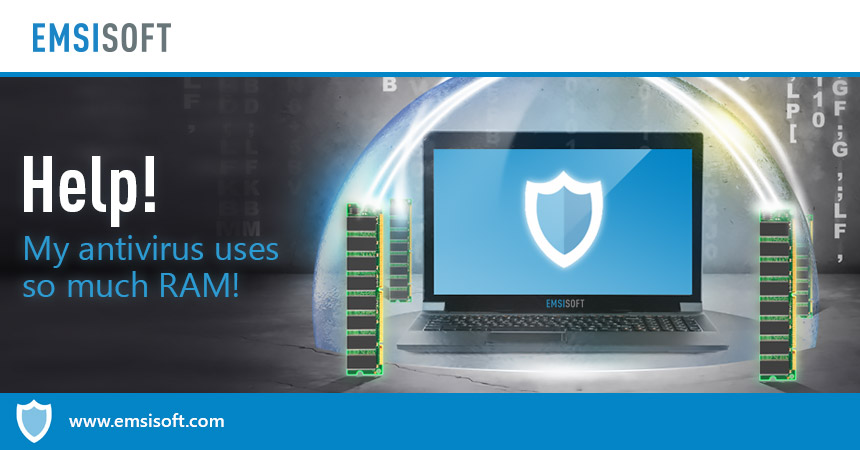forgottenuser79643
Level 8
- Jun 21, 2020
- 363
A better question should be what are the specifications of the "low-end" laptop? For example: for a laptop with 4GB RAM, nearly every solution is heavy. Even if the AV solution uses "good ram" mechanics. Think of Emsisoft being one such an example. Why, you ask? In short, all the definitions and such are loaded directly into the RAM itself. So when a scan takes place, whether it be manual or periodic, or real-time protection detection, then it would be lightning fast in both cases.
Think of a scan that now takes 5 minutes to finish, that otherwise would take up to 30 minutes give-or-take.
For a laptop of that specifications. I would advise both [1] a manual RAM upgrade to 8GB, which is an easy thing to do oneself for RAM upgrades. While no tech knowledge is required beyond getting the right RAM sticks, so you don't get scammed. And [2] picking one according to use-case or preferences. If you for some reason are not able to upgrade, and have a 4GB RAM laptop, then I would stick with Windows Defender and use something like Windows DefenderUI from a different thread on this forum and set that to recommended. As it's the most user-friendly option for a majority of people (in my honest opinion).
Otherwise, for sake of having options: while Bitdefender Free is the least worrisome out of the free AV bunch. My advice would be either Avira Free or Kaspersky Free AV solutions on that specific hardware.
My point is not to dissuade people, or be insultingly blunt about it. However, in my experience, and I have advised hardware for many specialized, and hobby, oriented cases for more than 10 years. There is never a thing like the best, but there is a thing as the most suitable. To give a more accurate advice, I'd need to know what are the specifications of the laptop, as well as the use-case of how it's used.
Option X may be the most recommended in general, but could be the worst for a specific use-case.
Think of a scan that now takes 5 minutes to finish, that otherwise would take up to 30 minutes give-or-take.
For a laptop of that specifications. I would advise both [1] a manual RAM upgrade to 8GB, which is an easy thing to do oneself for RAM upgrades. While no tech knowledge is required beyond getting the right RAM sticks, so you don't get scammed. And [2] picking one according to use-case or preferences. If you for some reason are not able to upgrade, and have a 4GB RAM laptop, then I would stick with Windows Defender and use something like Windows DefenderUI from a different thread on this forum and set that to recommended. As it's the most user-friendly option for a majority of people (in my honest opinion).
Otherwise, for sake of having options: while Bitdefender Free is the least worrisome out of the free AV bunch. My advice would be either Avira Free or Kaspersky Free AV solutions on that specific hardware.
My point is not to dissuade people, or be insultingly blunt about it. However, in my experience, and I have advised hardware for many specialized, and hobby, oriented cases for more than 10 years. There is never a thing like the best, but there is a thing as the most suitable. To give a more accurate advice, I'd need to know what are the specifications of the laptop, as well as the use-case of how it's used.
Option X may be the most recommended in general, but could be the worst for a specific use-case.
Last edited:

